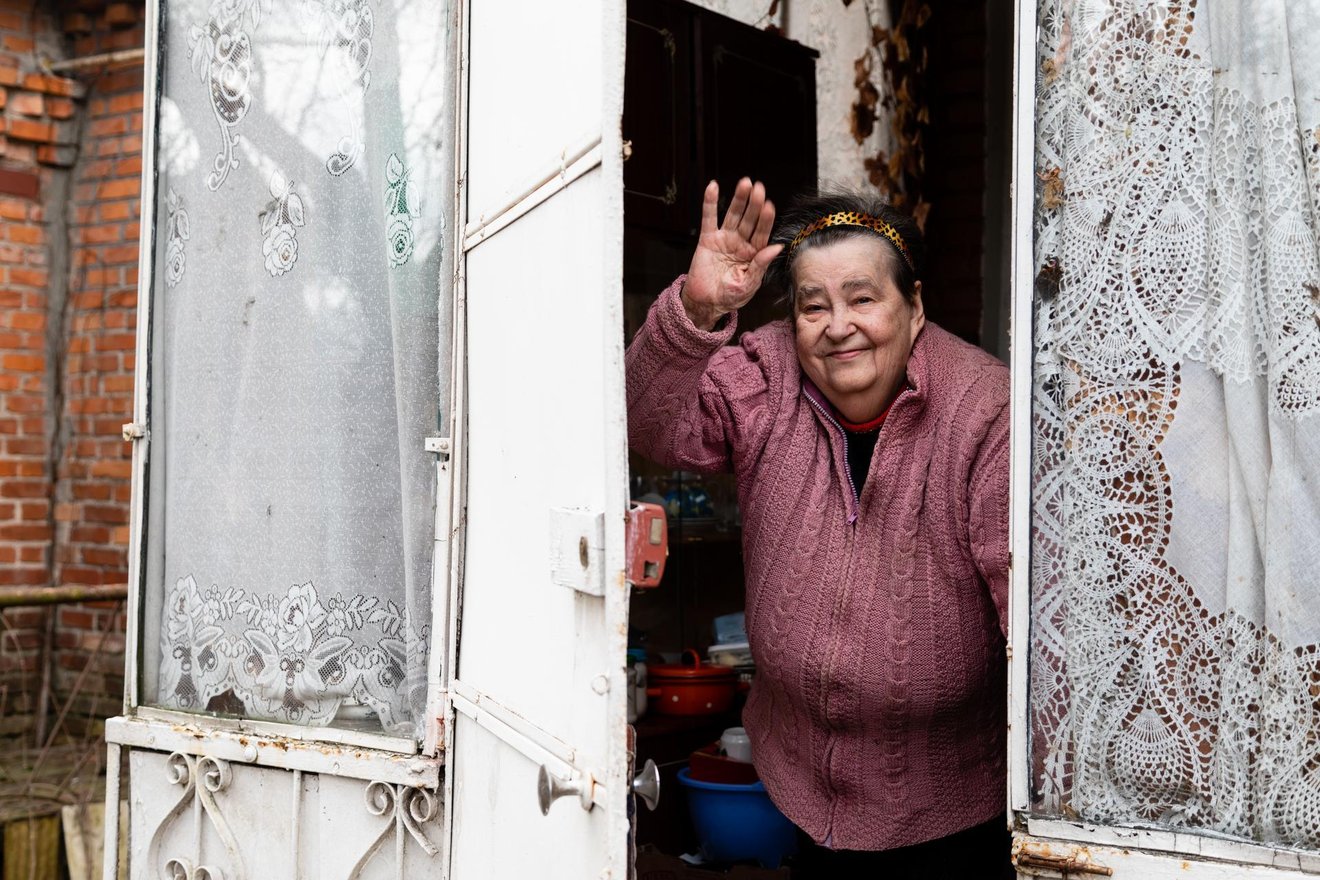
Valentina Barchalinska is a parishioner of the church of St. John from Dukli. The Franciscans bring her hot lunches almost every day.
Client: Franziskaner Helfen
Date: February 2023
Photographer: Katya Moskalyuk
Location: Ukraine, Zhytomyr
Videos and photos are more than just representations. They bring to our attention people, places, and realities that we would otherwise be unaware of. A fair picture is fair to all those involved in its production, distribution, and consumption. Our goal is that pictures contribute to equal relationships between visual creators, portrayed people, clients, and the general public.
The visual creators at Fairpicture have a strong voice and are engaging and lively. They narrate stories in the native tongue that are influenced by the culture and understanding of the community. In a complex world, we co-create new and innovative ways of storytelling - toward a decolonised and fair picture.
The people portrayed are rights-holders with legitimate demands. They actively participate in visual communication and provide informed consent for the development and usage of pictures and videos. It is their right to have a say in their stories, to be depicted with dignity and respect, and to not have their safety compromised by visual content.
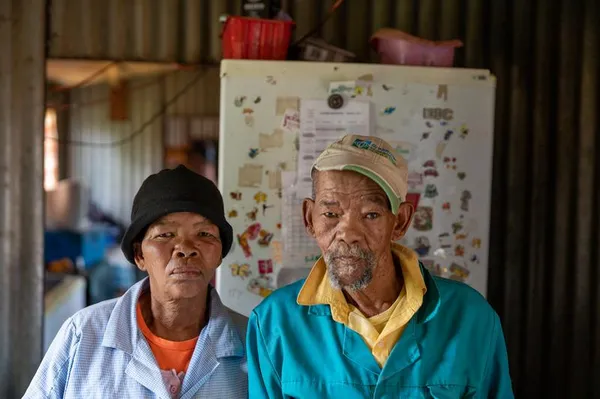
South Africa 2021: Barry Christianson/Norwegian People's Aid/Fairpicture
Stereotypes are harmful. We work with a variety of visual creators in order to avoid this. They understand the local context, speak the local language, and know the local culture. Because the right to be considered and heard extends not only to traditionally marginalised groups but also to often overlook local visual creators, it is critical who tells the story.
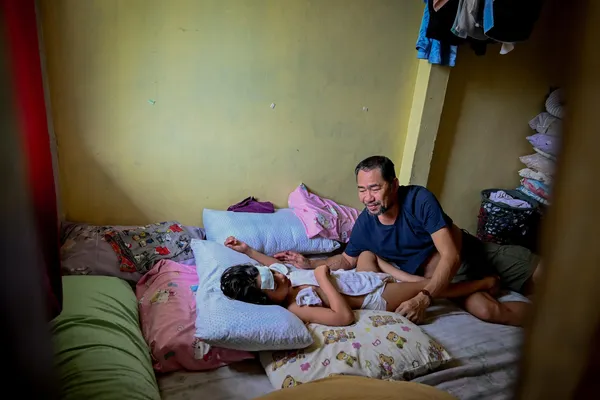
Philippines 2021: Alecs Ongcal/Hilti Foundation/Fairpicture
Fairpicture visual creators receive fair payment for their work. Due to the time and effort it takes to produce a fair picture, we have worked out conditions that allow the visual creators enough time to complete their work. Our goal is for Fairpicture visual creators to earn a steady income from regular work.
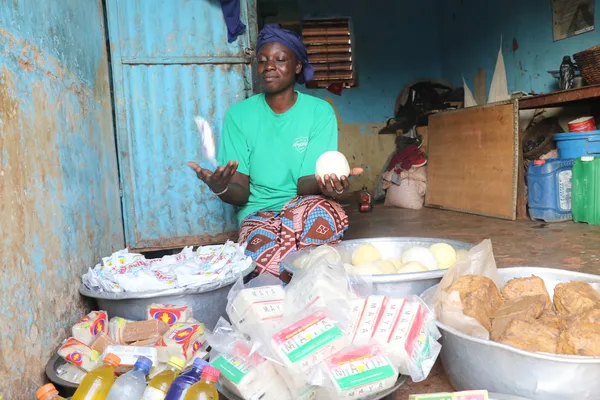
Burkina Faso 2020: Warren Saré/Solidar Suisse/Fairpicture
An informed citizenry is one that has access to a wide range of perspectives on the many facets of contemporary life. Yet, in the era of generative AI, we need to enhance visual literacy and foster fair pictures that include extensive metadata information about the visual material and a trustworthy description that helps the viewer understand the context in which it was taken. Anyone who uses fair pictures to communicate is responsible for doing so responsibly.
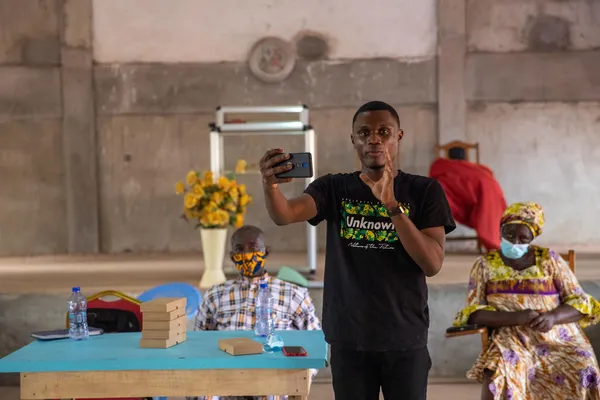
Ghana 2021: Nipah Dennis/Fairtrade Germany/Fairpicture
People's pictures are often personal or even sensitive data. The creation, use, and storage of fair pictures comply with international and local data protection regulations. The integrity and security of the portrayed individuals and their social networks must never be jeopardized by photographs. Furthermore, no picture is worth a visual creator's life.
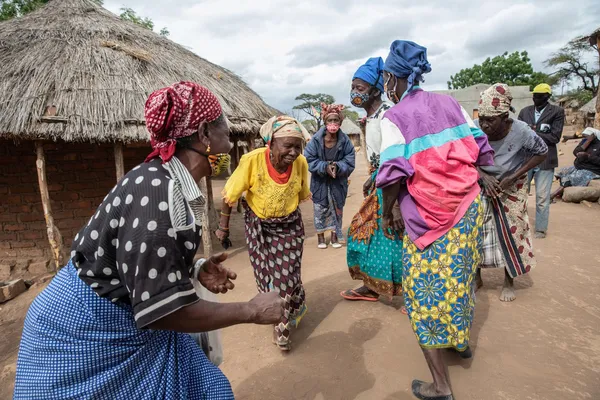
Mozambique 2021: Mauro Vombe/ HelpAge/ Fairpicture
Climate change is an undeniable reality, demanding collective action. Consequently, a fair picture results in the least amount of emissions possible. Local visual creators are already on-site or are only a short drive away, reducing the need for flights and thus the ecological footprint. Additionally, clients save money on travel and expenses.
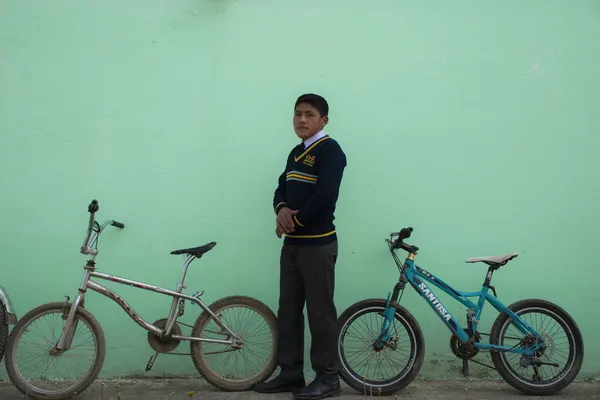
Bolivia 2022: Sara Aliaga Ticona/Don Bosco Jugendhilfe/Fairpicture
Fairpicture's actions are guided by a Theory of Change, believing in the transformative power of visual communication. Fair imagery produced under equitable conditions fosters equal relationships among diverse stakeholders. To achieve lasting impact, we engage clients, portrayed individuals, and the general public in the pursuit of ethical communication. Each stakeholder's specific concerns inform one another, driving genuine change through collective engagement.
We involve all stakeholders to develop indicators across our work dimensions. Continuous qualitative and quantitative evaluation enables us to refine our products and procedures. Through ongoing monitoring and evaluation, Fairpicture enhances its tools and products while improving mechanisms for engaging diverse stakeholders.
Our Theory of Change serves as both an action model and an ongoing process.
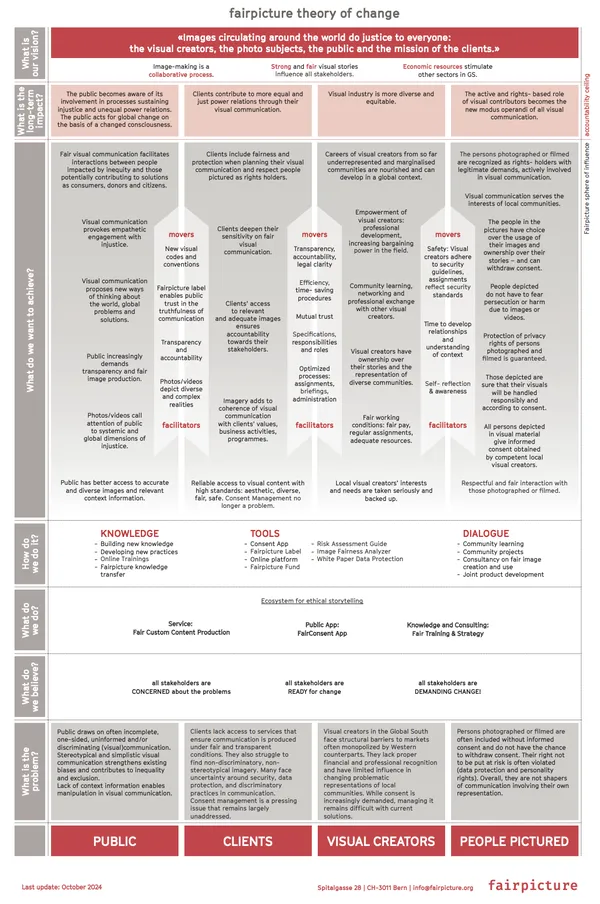
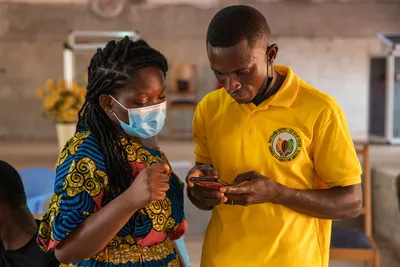
March 2024 - Aurel Vogel
Collecting informed consent for photo and video productions is faster and more secure when using a mobile app instead of paper forms.
Learn more about Informed consent: Why an app is better than paper forms
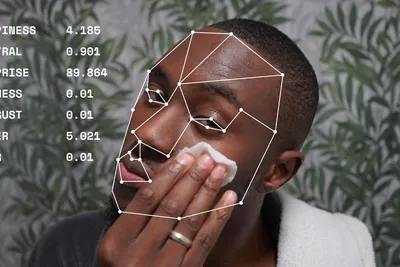
November 2025 - Prof. Dr. Peter G. Kirchschlaeger
This article explores what truly makes a picture “ethical” in the age of AI-generated imagery, arguing for human-made, consent-based visuals that respect truth, dignity and autonomy.
Learn more about Ethical Pictures in the Age of AI – An Opinion Piece
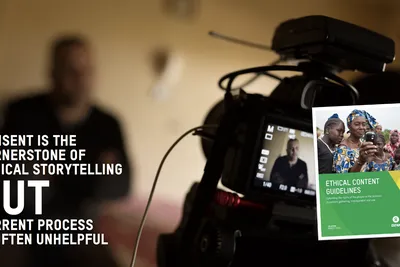
September 2025 - Noah Arnold
How Oxfam helped evolve FairConsent: visual consent people understand and a DAM link that keeps rights visible where content is used.
Learn more about From Consent Forms to Real Consent: Oxfam’s Upgrade of FairConsent